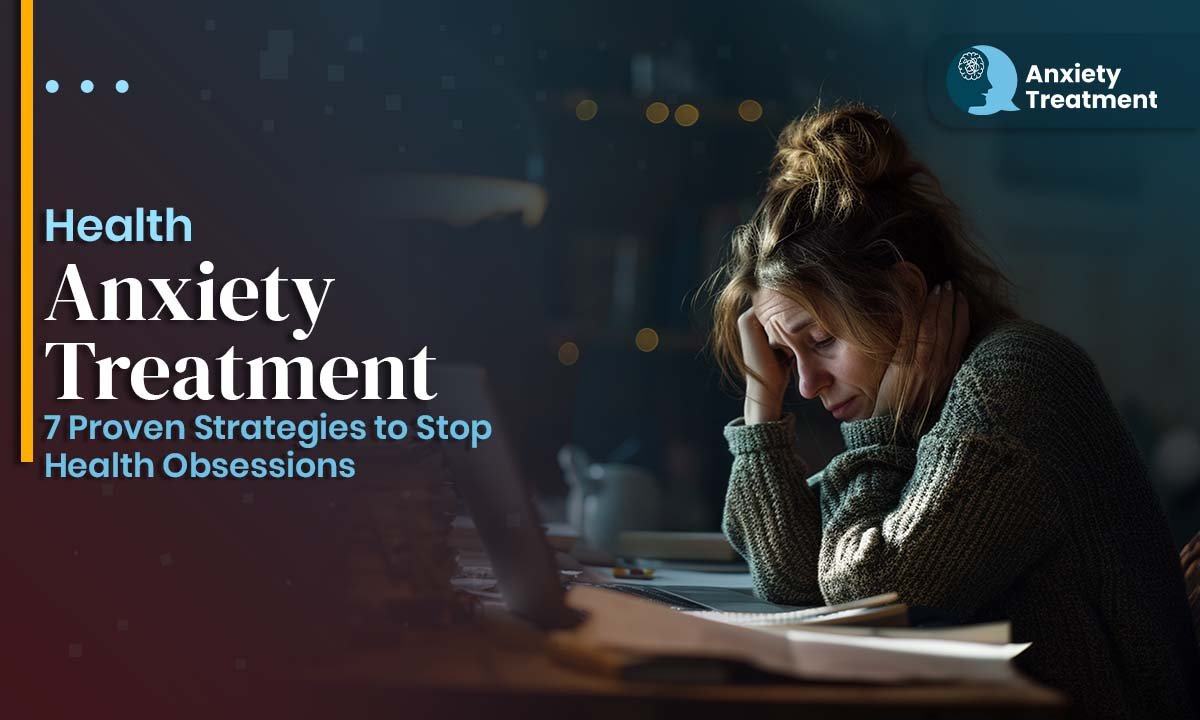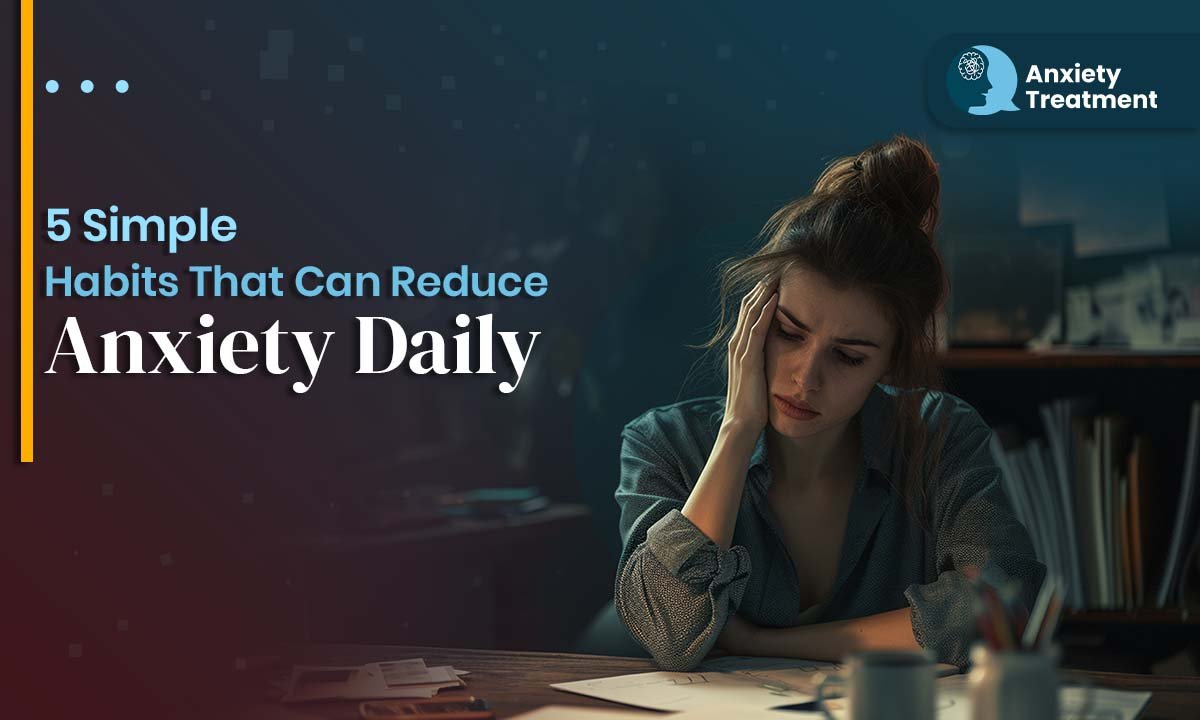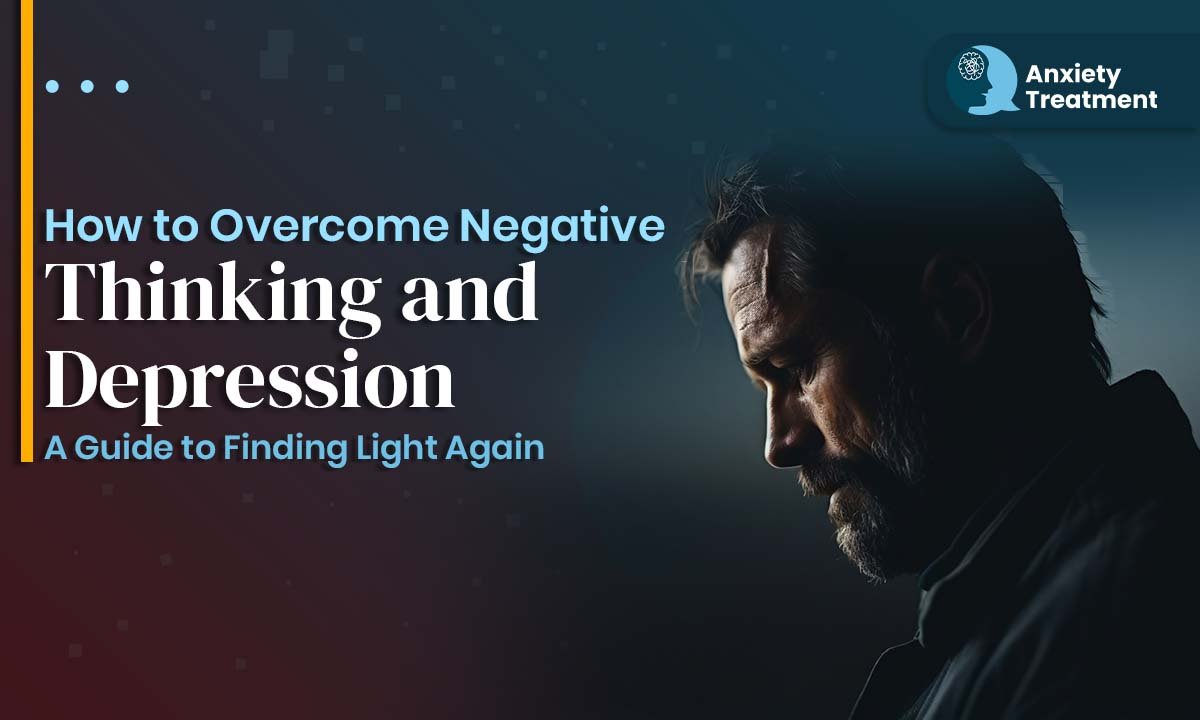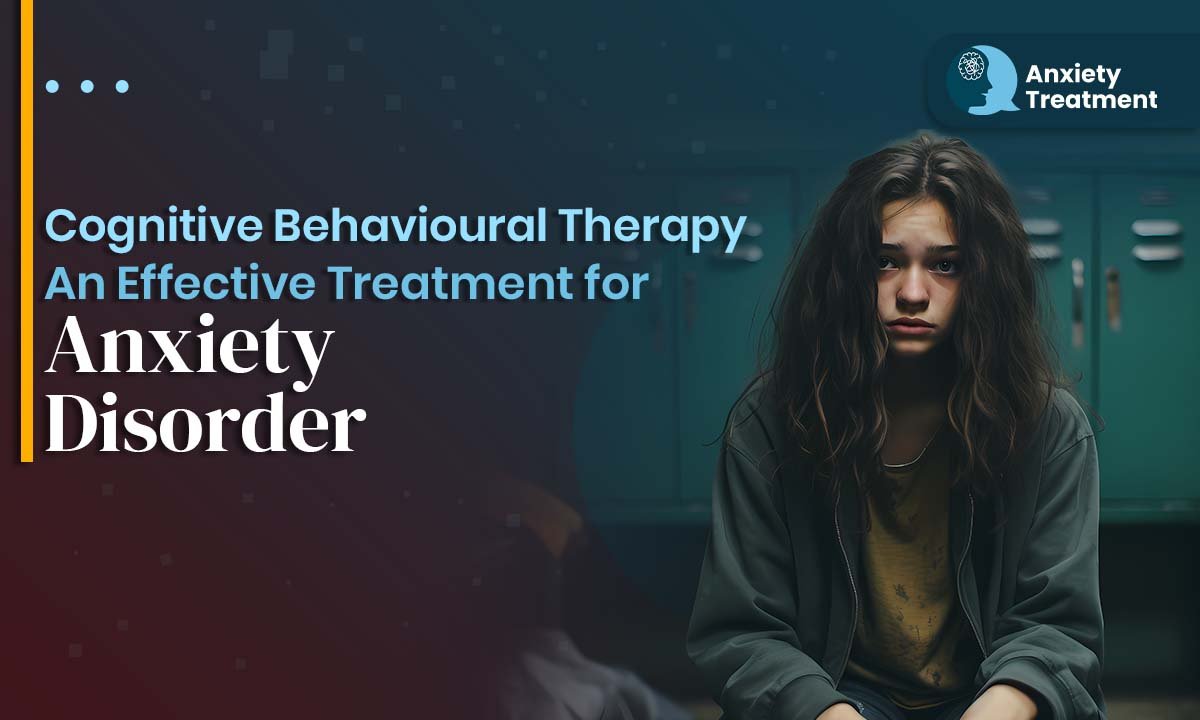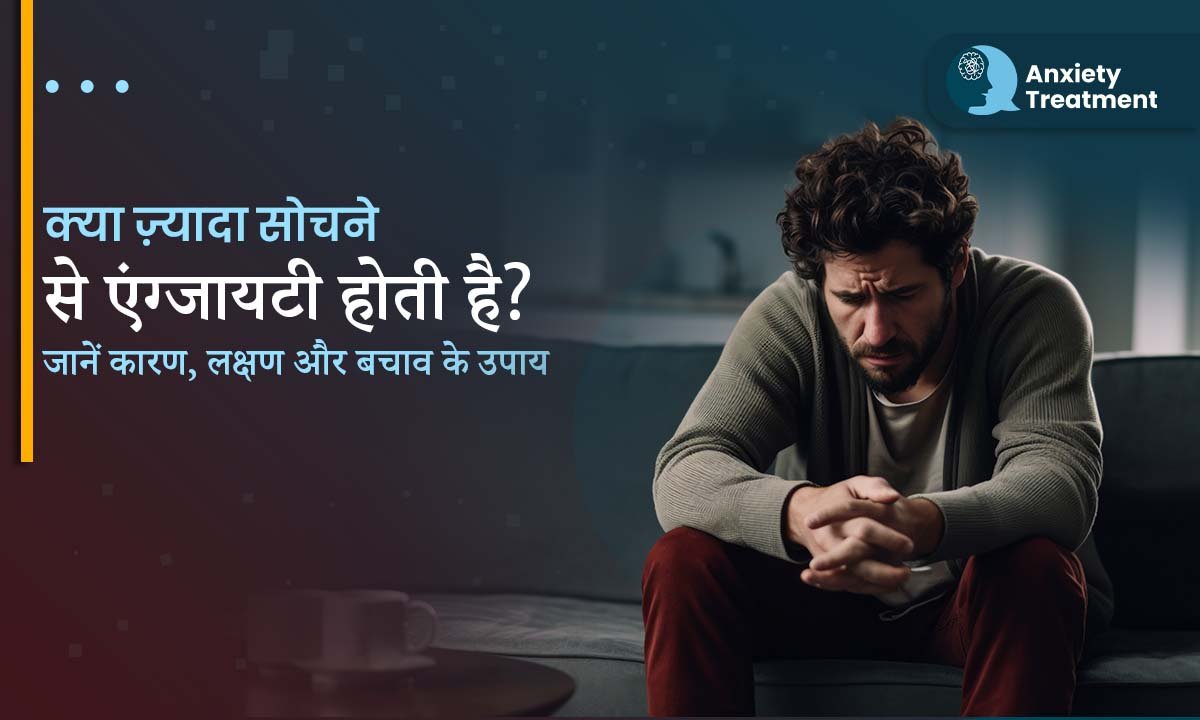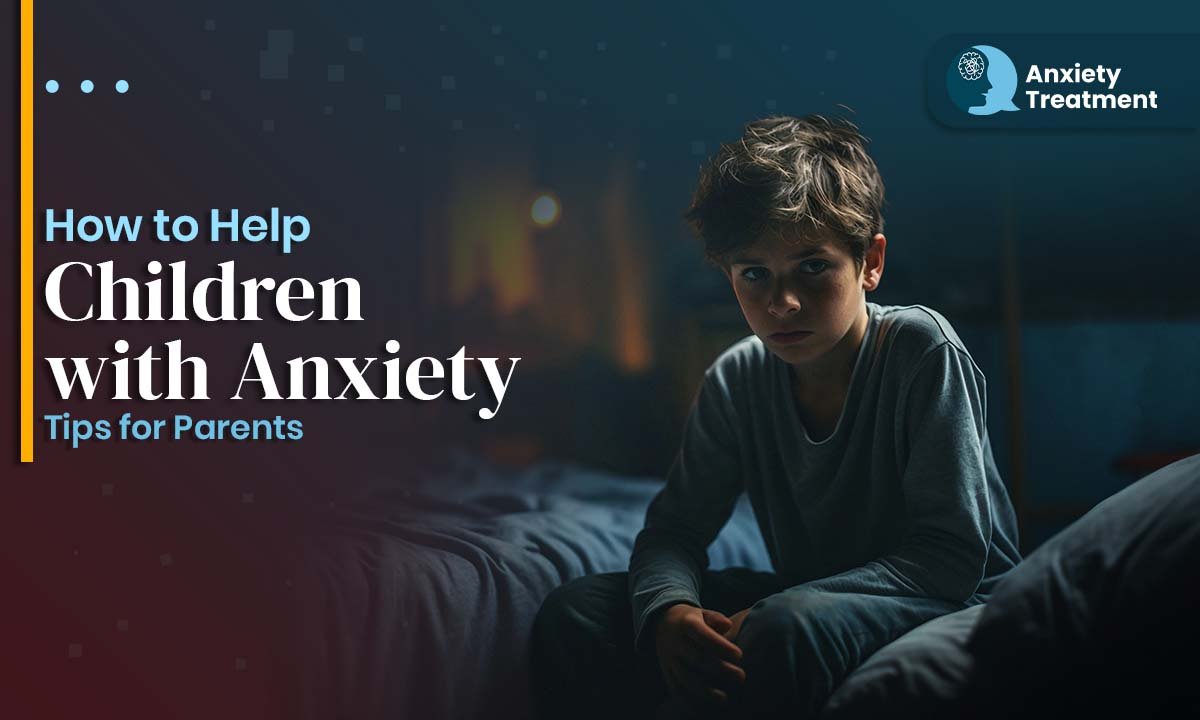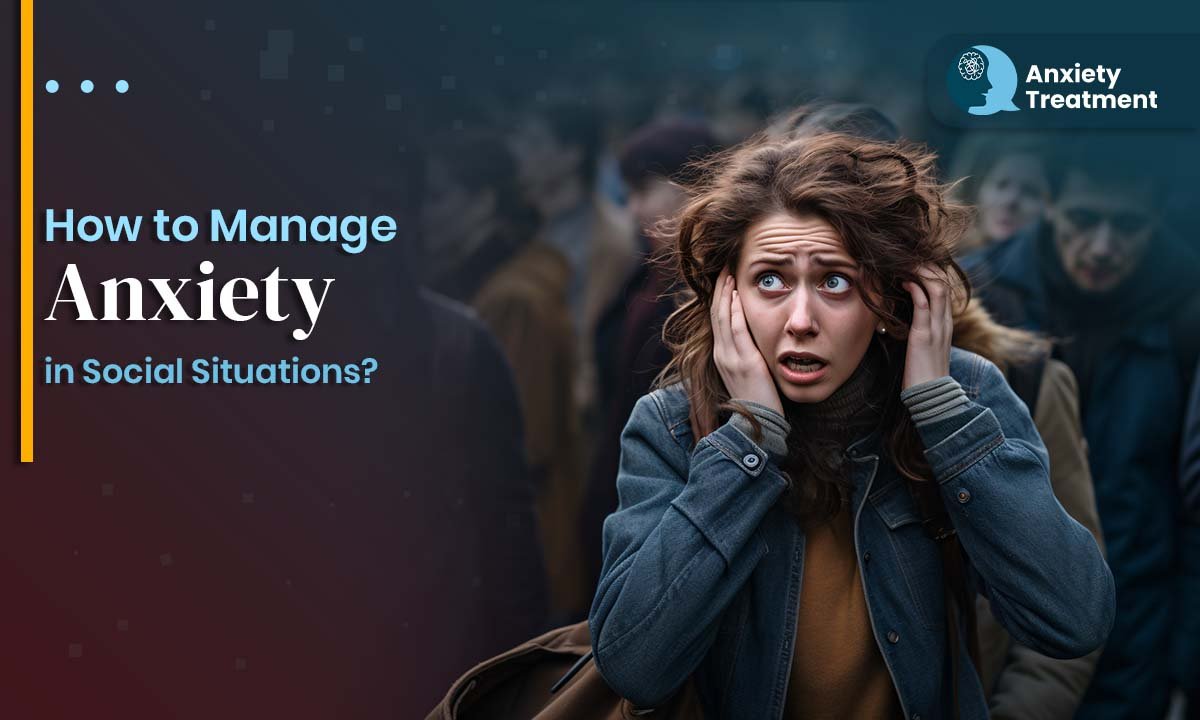In today’s hyper-connected world, it\'s easier than ever to spiral into worry about every ache or symptom you feel. For those living with health anxiety, this concern becomes a daily battle—one filled with constant checking, Googling symptoms, and fearing the worst. The good news? You can break free from this cycle. This guide shares 7 proven ways to treat health anxiety and start living with peace of mind.
What Is Health Anxiety?
Health anxiety also referred to as illness anxiety disorder or hypochondria—is characterized by persistent and excessive worry about having or developing a serious medical condition, even in the absence of symptoms or with medical reassurance. Even minor symptoms like a headache or slight fatigue can trigger overwhelming fear.
Common Health Anxiety Symptoms:
- Constant checking of body sensations
- Frequent doctor visits (or avoiding them completely)
- Googling symptoms repeatedly
- Reassurance-seeking from loved ones
- Difficulty concentrating caused by constant intrusive thoughts about one’s health
Recognizing these health anxiety symptoms is the first step toward healing.
Why Health Anxiety Treatment Is Essential
When left unaddressed, health anxiety can take a serious toll on your relationships, daily productivity, and overall mental well-being Many people feel trapped in a cycle of fear, reassurance, and temporary relief—only to have the anxiety return with a new symptom or worry.
Effective health anxiety treatment can help you:
- Gain control over obsessive thoughts
- Reduce unnecessary medical checks
- Improve quality of life
- Learn how to respond to anxiety in healthy ways
7 Proven Ways to Stop Obsessing Over Your Health
1. Cognitive Behavioral Therapy (CBT)
CBT is the gold standard in health anxiety disorder treatment.
CBT also teaches coping mechanisms to handle uncertainty, reduce safety behaviors, and break the cycle of anxiety.
Tip: Work with a licensed therapist trained in CBT for anxiety disorders.
2. Set a “Worry Time”
One practical method to stop health anxiety from dominating your day is to schedule a 10–15-minute \"worry time.\" When anxious thoughts arise during the day, write them down and tell yourself you’ll revisit them at the scheduled time.
This technique helps limit intrusive thoughts and teaches your brain that they don’t need urgent attention.
3. Practice Mindfulness and Grounding
Mindfulness teaches you to observe thoughts without judgment. Instead of getting caught in a spiral of \"what ifs,\" grounding exercises bring your attention to the present.
Some quick practices include:
- 5-4-3-2-1 technique (using your senses to name what you see/hear/feel/etc.)
- Focused breathing (inhale 4 seconds, hold 4, exhale 4)
- Body scanning meditation
Regular mindfulness helps reduce rumination, a major fuel for health anxiety.
4. Stop Googling Symptoms
Online symptom checkers often list worst-case scenarios, which feeds anxiety instead of relieving it.
Every time you feel the urge to search, remind yourself:
“Seeking online reassurance only strengthens my anxiety.”
Replace that behavior with a healthy distraction like a short walk, reading, or calling a friend.
5. Challenge Negative Thoughts
People with health anxiety often think in extremes:
“Headache = brain tumor” or “Fatigue = chronic illness.”
Use these questions to challenge anxious thoughts:
- What evidence supports this fear?
- Have I experienced this before and turned out to be fine?
- What would I tell a friend thinking this?
Cognitive reframing helps you view your thoughts more objectively and reduces their power.
6. Focus on Lifestyle Improvements
Sometimes, the best ways to treat health anxiety involve physical changes..
Try these habits:
- Regular exercise (boosts endorphins)
- Balanced diet (reduces mood swings)
- Quality sleep (restores emotional regulation)
- Limiting caffeine and alcohol (which can trigger anxiety)
When your body feels good, it becomes easier to trust that it\'s not in danger.
7. Seek Professional Support Early
If your anxiety feels unmanageable or starts impacting daily life, don’t hesitate to seek help. A mental health professional can guide you through customized health anxiety disorder treatment, whether through therapy, medication, or a combination of both.
Early intervention leads to faster recovery and helps prevent long-term mental health challenges.
Final Thoughts
Overcoming health anxiety is possible with the right strategies, support, and mindset. Whether you struggle with constant symptom-checking or fear serious illness despite reassurance, these 7 proven ways offer a roadmap to peace.
You’re not alone—and you don’t have to face this battle without help. Start small, stay consistent, and believe in your ability to change.

